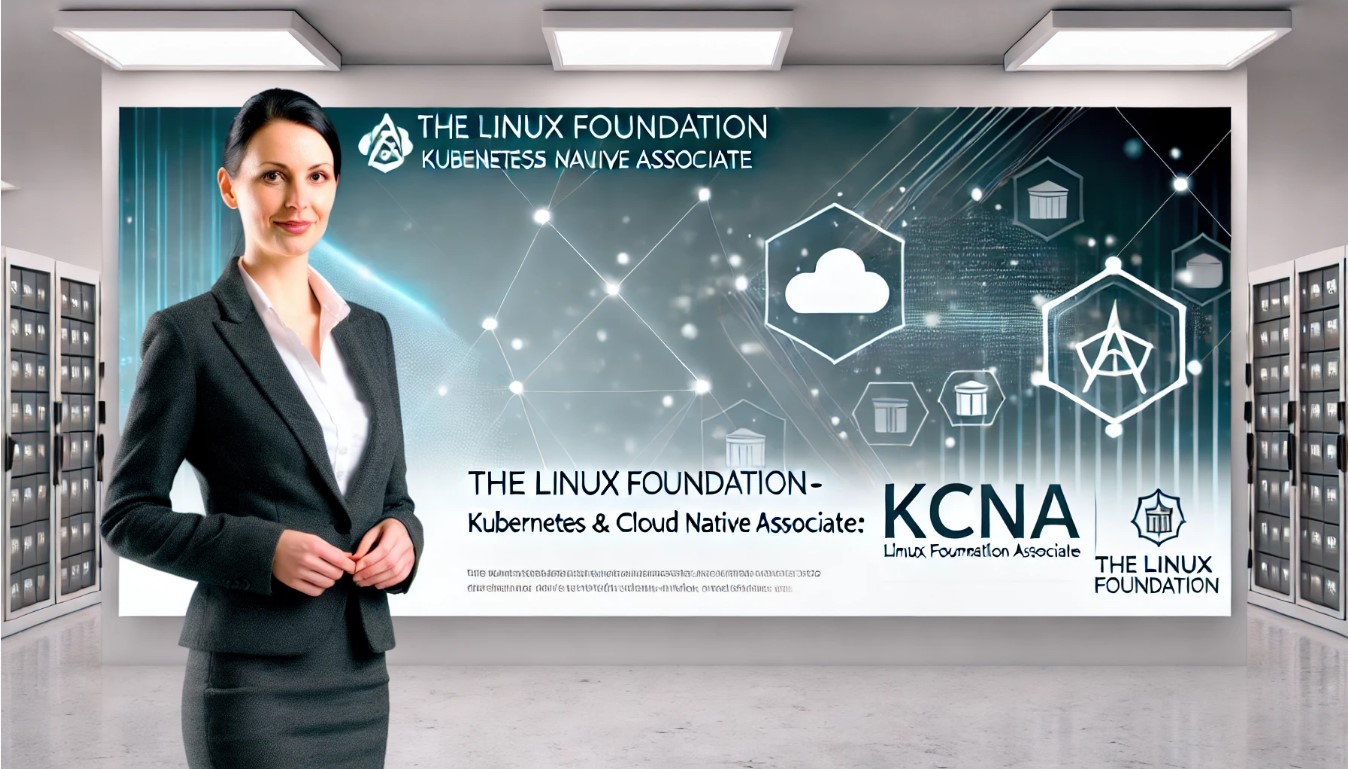All Content for $99 / INR 7,999
Offer valid for the next 3 days.

The Linux Foundation Certified IT Associate (LFCA) is a foundational certification designed specifically for newcomers to the IT industry or those considering a career in IT. This entry-level certification serves as a stepping stone for individuals aiming to ascend to professional levels by demonstrating a solid understanding of essential IT concepts crucial in today's technological landscape.
The LFCA certification encompasses a broad spectrum of fundamental IT subjects. Candidates are tested on their knowledge and skills in various areas including:
By achieving the LFCA certification, candidates validate their readiness and potential for entry-level positions within the IT field, ensuring they are well-prepared to handle the responsibilities of modern IT systems including cloud computing. This certification is your first step towards a promising career in information technology, opening doors to further professional growth and specialization.
The LFCA is a pre-professional certification intended for those new to the industry or considering starting an IT career as an administrator or engineer. This certification is ideal for users interested in advancing to the professional level through a demonstrated understanding of critical concepts for modern IT systems including cloud computing.
This certification benefits:
By focusing on foundational IT skills and technologies, the LFCA certification prepares candidates for more advanced certifications and roles within the IT industry, positioning them as competent and capable professionals ready to handle the challenges of modern IT operations.
The Linux Foundation Certified IT Associate (LFCA) certification evaluates candidates' knowledge and skills in fundamental IT concepts, ensuring they are thoroughly prepared for entry-level IT roles. By completing this certification, candidates demonstrate their ability to effectively handle essential tasks in various IT domains.
Candidates are tested on a comprehensive set of IT skills, including:
This certification not only tests theoretical knowledge but also practical skills, making candidates well-equipped for real-world IT challenges and roles such as IT technician, support engineer, or systems administrator.
The 'Linux Fundamentals' section of the LFCA certification syllabus forms the core foundation of the certification, making up 20% of the total curriculum. This part focuses on the essential skills and knowledge needed to effectively manage and operate within the Linux environment, crucial for any IT professional working with Linux systems.
Candidates will cover the following key areas:
The 'System Administration Fundamentals' section is an integral part of the LFCA certification, comprising 20% of the entire syllabus. This segment is designed to equip candidates with the practical skills and knowledge essential for effective system administration across various environments, emphasizing real-world applications and troubleshooting.
Candidates will delve into the following key topics:
The 'Cloud Computing Fundamentals' module is crucial for understanding the evolving landscape of IT infrastructure. Making up 20% of the LFCA certification syllabus, this section addresses the core principles of cloud computing along with its economic and technical implications. As cloud technology becomes ubiquitous in modern IT operations, proficiency in these areas is essential for any IT professional.
This comprehensive segment explores:
Through this module, candidates will gain a holistic understanding of cloud technologies and their impact on modern IT strategies, preparing them for roles that require managing or navigating cloud-based environments.
The 'Security Fundamentals' module constitutes 16% of the LFCA certification syllabus, addressing the essential aspects of IT security. In today's digital landscape, where security breaches can have significant repercussions, understanding the foundational principles of IT security is crucial. This section equips candidates with the knowledge to identify, mitigate, and manage security risks effectively, ensuring they are well-prepared to uphold and strengthen the security posture of their organizations.
This critical module covers:
By mastering these areas, candidates will not only enhance their professional qualifications but also contribute significantly to the security and resilience of their operational environments, playing a key role in preventing and responding to security incidents.
The 'DevOps Fundamentals' section of the LFCA certification syllabus, making up 16% of the curriculum, is designed to introduce candidates to the progressive methodologies that enhance IT operations and software development. This module equips candidates with the skills and knowledge required to implement DevOps practices effectively, fostering a culture of collaboration between development and operations teams to optimize productivity, reduce time to market, and ensure continuous improvement.
The module delves into the following critical areas:
This comprehensive understanding of DevOps fundamentals is essential for IT professionals who aim to improve the agility and efficiency of their software development and operations processes.
The 'Supporting Applications and Developers' section comprises 8% of the LFCA certification syllabus and is specifically designed to provide candidates with the knowledge and skills necessary to support both applications and development teams effectively. This module explores the interdisciplinary approaches required to manage software projects, design robust application architectures, perform functional analysis, and understand the implications of using open-source software and its licensing.
Detailed exploration within this module includes:
This section is crucial for candidates looking to enhance their abilities to support and lead within software development environments, providing them with a comprehensive toolkit to address the complex challenges of modern application development and management.







